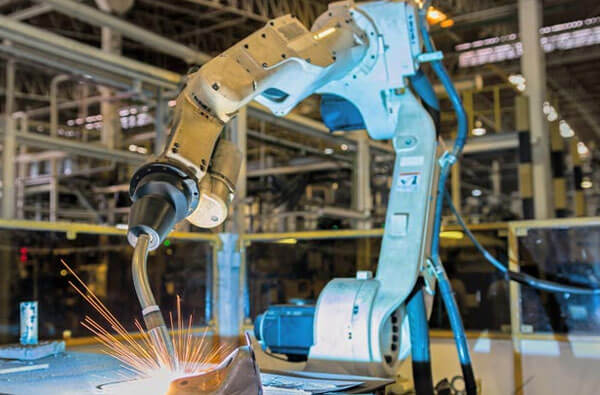Machinery Manufacturing Industry
DDetail

The machinery manufacturing industry involves the design, production, and distribution of a wide range of machinery and equipment used in various sectors such as agriculture, construction, manufacturing, transportation, and healthcare. Here's a brief overview:
Machinery manufacturing encompasses a diverse array of products, including heavy machinery, industrial equipment, agricultural machinery, machine tools, construction equipment, automotive components, and medical devices. These products serve different purposes, from facilitating production processes to providing essential services and infrastructure.
The machinery manufacturing process typically begins with research and development (R&D), where engineers and designers conceptualize new products, improve existing designs, and incorporate innovative technologies. Once designs are finalized, production commences, involving sourcing of raw materials, fabrication of components, assembly, testing, and quality control.
Machinery manufacturers utilize advanced manufacturing technologies such as computer-aided design (CAD), computer numerical control (CNC) machining, robotics, and automation to enhance productivity, precision, and efficiency in production processes. These technologies enable companies to meet stringent quality standards, reduce lead times, and adapt to custom orders and market demands.
The machinery manufacturing industry serves a broad range of end-users, including businesses, government agencies, and consumers. Machinery and equipment are essential for various applications, such as agriculture (tractors, harvesters), construction (excavators, bulldozers), manufacturing (robotic assembly lines, CNC machines), transportation (aircraft, automobiles), and healthcare (medical imaging equipment, surgical instruments).
Innovation, customization, and specialization are key drivers in the machinery manufacturing industry. Companies continuously invest in R&D to develop new products, improve performance, and address emerging challenges and opportunities in different sectors. Customization capabilities allow manufacturers to tailor products to specific customer requirements, enhancing value and competitiveness.
The machinery manufacturing industry operates within a global market, with companies competing on factors such as product quality, reliability, pricing, and customer service. International trade, partnerships, and collaborations play a significant role in expanding market reach, accessing new technologies, and diversifying product offerings.
Overall, the machinery manufacturing industry is a cornerstone of modern industrialization, providing essential equipment and technologies that drive economic growth, productivity, and innovation across various sectors of the global economy.